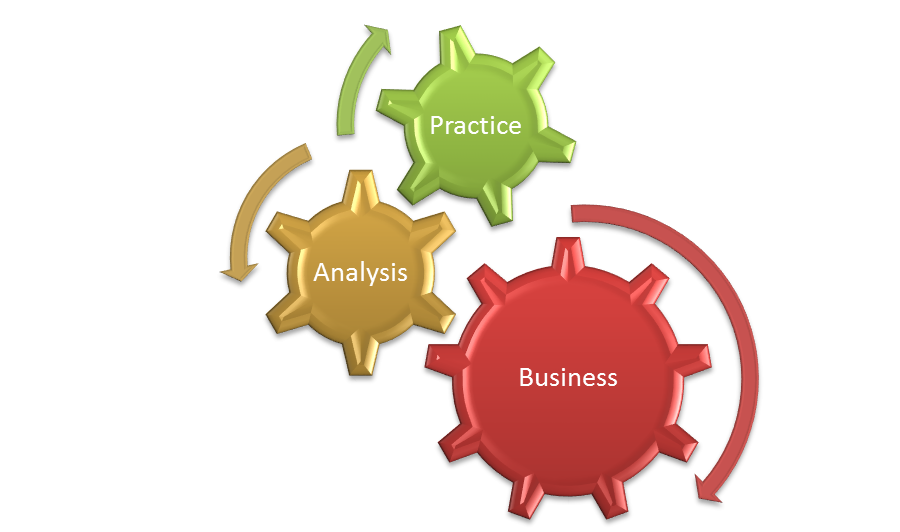Sunderland
Sunderland also referred as Sunderland A.F.C, Tyne and Wear. It is located on River Wear in England. Sunderland comprises of the neighbouring towns like Washington and Houghton-le-Spring as well as city. Sunderland is referred as UK Parliament Constituency from 1832 to 1950. Sunderland A.F.C is a professional football team.
History
The population of Sunderland was 146,000 during 1901. First electric trams started in Sunderland in 1900. However in the 1940s and 195-s electric trams were replaced by buses. Last trams ran in Sunderland in 1954. Sunderland Technical College was opened in 1901. In 1904 Bede Memorial was raised and in 1907 Commissioners offices were built. In 1907 Empire Theatre was also opened. In 1909 Barnes Park was opened. Backhouse Park in 1923. Thompson Park in 1933. In 1902 Roker Breakwater was built and South Breakwater in 1914.
Boundaries of Borough were extended in 1928 to include Southwick and Fulwell. In 1929 New Wear Bridge has been constructed. A general hospital was opened in 1929. In 1934 was Deep Water Quay was opened. Council started slum clearance in Sunderland in 1930s. New council houses were built to replace the old slums located in Ford Hall, Marley Pots and Leechmere. During Second World War 267 people were killed due to German bombing. About 1000 houses were destroyed, and about 3000 got damaged. In 1967 boundaries of Sunderland were extended to include Silksworth, South Hylton, Herrington, Ryhope and Castletown. In 1969 Sunderland Polytechnic was founded and was made university in 1992. In 1970 civic centre and the new town hall was built. In 1973 new Police station has been constructed.
In 1973 Monkwearmouth Station Museum was opened. In 1974 North East Aircraft Museum was founded and new General Hospital was opened in Sunderland in 1978. Sunderland suffered in the 1930s when third of the men were unemployed. During 1950s Joblessness lowered and in 1980s unemployment returned. In late 20th century, Sunderland’s coal mining declined rapidly. After 1986 no more coal was exported. New industries replaced the old ones. Sunderland is well known for its car making industry. Other industries in Sunderland include electronic engineering, papermaking, mechanical engineering and textiles. Sunderland was made a city in the year 1992. In 1995 Sunderland Library and Arts Centre was opened. In 1997 Stadium of Light was opened and in 1998 National Glass Centre was opened. In 2002 Tyne and Wear Metro was expanded to Sunderland. In the beginning years of 21st century, Sunniside area was regenerated. Sunderland Aquatic Centre was opened in 2008. Now the population of Sunderland is 275,000.

 ENQUIRE
ENQUIRE
 REQUEST CALLBACK
REQUEST CALLBACK
 GET A FREE QUOTE
GET A FREE QUOTE


 Introduction
Introduction Course Details
Course Details Course Content
Course Content





 London
London